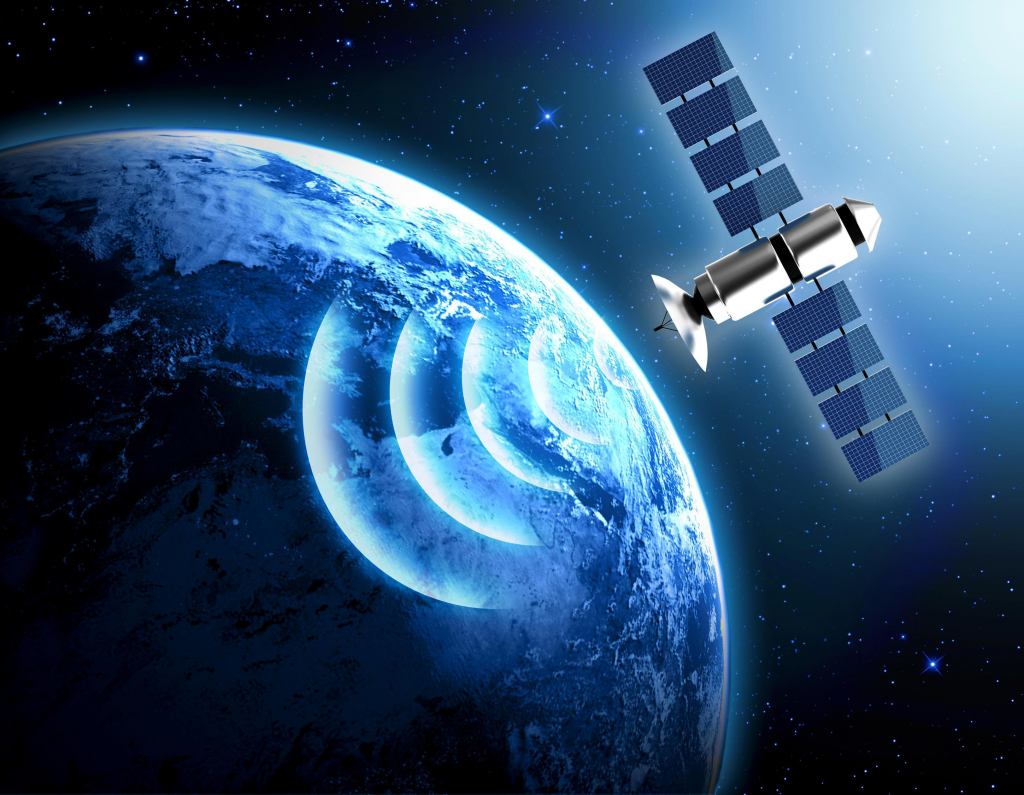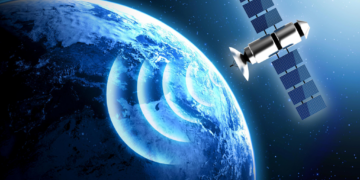
South Africa is preparing to offer Elon Musk’s satellite internet company, Starlink, a special exemption from the country’s Black ownership regulations, a move that could enable the service to launch in the country for the first time.
According to sources familiar with the matter, the government is considering an alternative compliance model allowing Starlink and other international ICT firms to meet local empowerment requirements through infrastructure investment instead of adhering to the traditional 30% Black ownership threshold mandated by Black Economic Empowerment (BEE) laws.
The proposal, known as an “Equity Equivalent Investment Programme,” is expected to be presented at a high-level meeting on Tuesday. If approved, it could pave the way for Starlink to enter South Africa — one of the few major African economies where the service remains unavailable despite its presence in 17 other countries, including Botswana, Namibia, and Mozambique.
This move comes amid heightened tensions involving Musk and U.S. President Donald Trump, who have criticised South African policies in recent months. Musk, a native of South Africa, previously claimed on social media that Starlink was blocked from operating in the country because he is “not Black” — an assertion that South African officials have denied.
In August 2023, South African authorities banned the import of Starlink hardware kits, citing regulatory non-compliance, effectively halting any public use of the service. However, with growing demand for affordable, high-speed internet — particularly in underserved rural areas — officials now appear open to compromise.
According to a 2023 survey by Statistics South Africa, only 1.7% of rural households in the country have access to the internet, highlighting the urgency of improving digital infrastructure.
Government officials are also exploring a proposal involving Musk’s electric vehicle company, Tesla. The plan would offer Tesla favourable import tariffs in exchange for investing in a national EV charging network as part of South Africa’s broader efforts to accelerate green mobility. In 2019, the automotive sector adopted a similar equity-equivalent model, allowing multinational car manufacturers to contribute to development funds instead of transferring direct ownership.
If implemented, the proposed exemption for Starlink could signal a broader shift in how South Africa balances its economic empowerment objectives with the practical challenges of attracting foreign investment and modernising infrastructure.


















